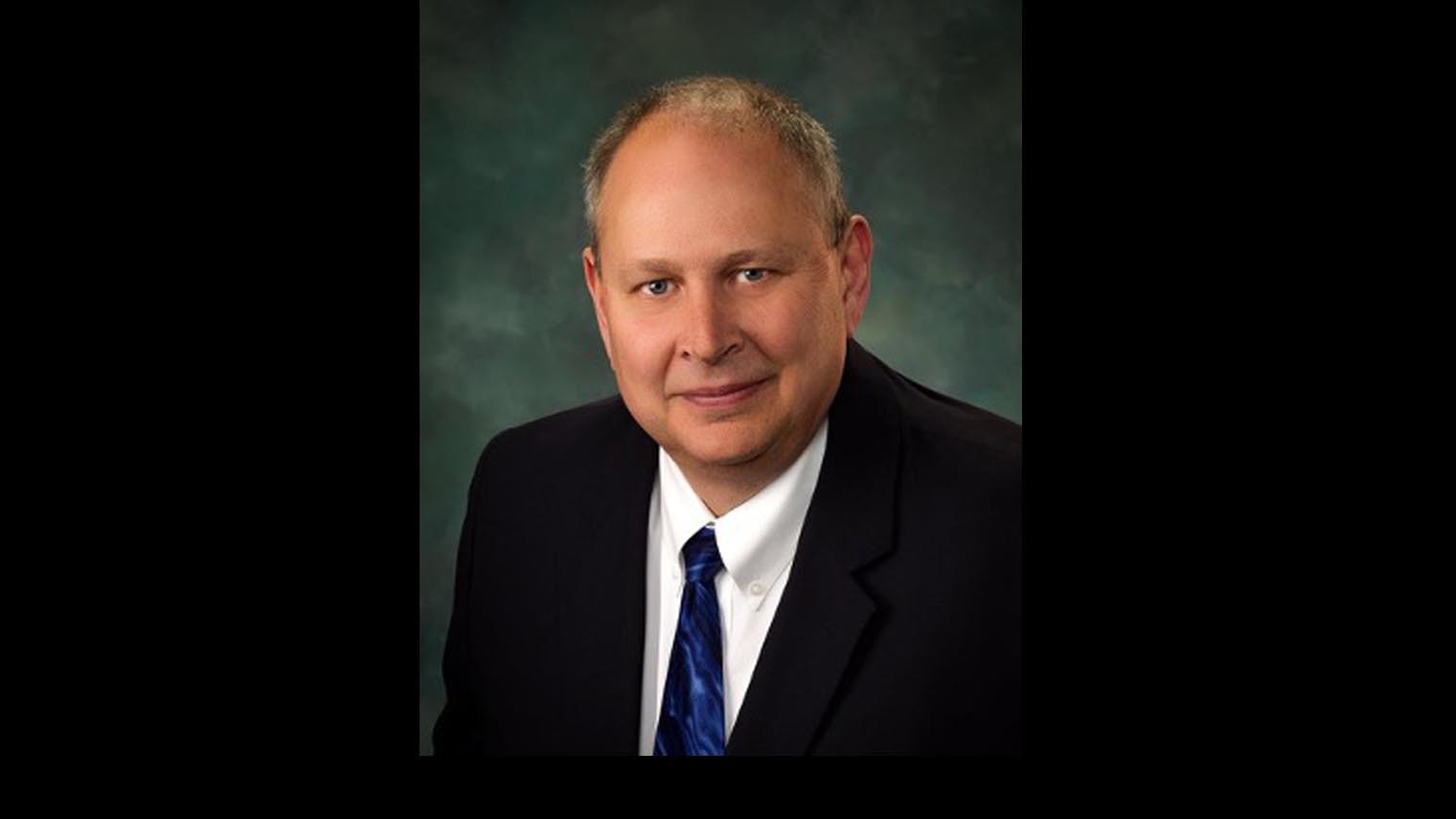Many of our state-level policy makers continue to shoot our state in the foot.
In my last column, we discussed Federal Political Risk – which is largely outside of the control of folks in the state of Wyoming. Today, let’s discuss State-Level Political Risk, which is wholly in the control of people and politicians in Wyoming.
Political risk is the likelihood business in the state will suffer losses as a result of decisions made by a court, administrative agency, the chief executive or legislature.
Lack of political risk has also been known as a friendly business environment. Those states with less political risk are more likely to attract scarce business investment dollars.
Good policy makers work to reduce political risk.
Recently, our political class has done several things to increase political risk. The quest for power has gotten in the way of a stable climate necessary to attract outside investment.
Taxation is a huge issue for attracting business. For example, Senate File 54, a property tax relief proposal was a monument to political instability. The tax relief bill shifted the bulk of the burden of paying property taxes from residential taxpayers to industry – perhaps not the best strategy to attract business.
Additionally, the tax cuts, by definition, would destabilize local governments by cutting off one of their primary revenue sources.
The governor vetoed the bill. As a result, there was a huge flummadiddle about a special session which, ultimately, never ended up happening.
Ironically, according to the bill, the tax relief promised would disappear automatically in 2026, which is destabilizing in and of itself.
So, one could argue the tax relief was temporary relief allowing candidates to campaign tax relief while the relief was truly an illusion – another example of instability.
Uncertainty drives business out of state.
Wildly vacillating intra-political struggles show our instability. In the unbounded quest for power, factions of the legislature continue to champion unprecedented revamping of policies which increase political risk.
Another example is energy policy. Prior to this legislative session, headlines appeared like “The world’s largest carbon removal project yet is headed for Wyoming” or “ExxonMobil to expand carbon capture and storage at LaBarge, Wyoming, facility”.
Wyoming policy favored carbon sequestration projects. A $155 million Energy Matching Funds program and a $75 million in infrastructure matching funds worked to potentially leverage billions of dollars of federal grants to attract jobs.
Out of the blue, those carbon sequestration funds were under attack. The Freedom Caucus attacked the funds arguing, global climate change is an illusion so carbon sequestration projects were a waste of money, and the appropriations needed to disappear.
Potentially billions of dollars in industry and federal investment were placed as risk by a political grandstanding by a segment of the legislature.
In another example of legislative instability, the house and the senate were one billion dollars apart in changes to the governor’s already conservative budget. Political gamesmanship saturated the budget negotiations between the houses of the legislature.
Unexplained four-day delays in negotiation meetings, refusal to negotiate and ultimately sending the budget discussions to an open second committee demonstrated that political one-upmanship was more important to some than getting the job done for the Wyoming citizens.
Most recently, the 314 members of the Wyoming Republican Central Committee (a mere .00081th of the Wyoming population) without debate, censured the second most popular governor in the United States.
According to the Morning Consult, Mark Gordon is the second most popular governor in the country, enjoying a 71% favorability rating. In a widely publicized move, the apparently out-of-touch Republican Central Committee issued a censure of the governor.
Statistics tell the story. While the governor is apparently unliked by a majority of the 314 delegates of the Republican State Central Committee, he is very popular among its citizens.
This dissonance between the party leadership and the 143,696 voters who voted for Gov. Gordon in the 2022 election is clear.
This type of bizarre behavior by the governing body of the party is yet, another example of political instability in Wyoming, and an indicator for business to shy away from the state until it can get its political act together.
State political risk is within the control of the people of the state of Wyoming. We need to insist on mature, stable legislative actions, not power-seeking factions with designs on upending the system.
We need to create a stable system of regulation which is not subject to third-world political swings depending on which person is in power. We need to consciously develop a business climate not overburdened by regulation or litigation.
Here’s novel thought -- to reduce state level political risk, why not create a system of pre-permitting, where the siting and environmental assessment is already completed?
Then, if industry can meet the requirements for the industry zone, much of the permitting is completed, and the risk defined. (One only needs to look at the Edmonton Energy and Technology Park for a model.) If Wyoming truly wants to grow into the future, it needs to plan for a stable political future.
It's time to put aside the silly social-issue power grabs, nonsensical name calling and political rallying cries and start voting for candidates who have an eye on the future, not a plan to return to the McCarthyistic 1950’s.
Tom Lubnau served in the Wyoming Legislature from 2005 - 2015 and is a former Speaker of the House.





